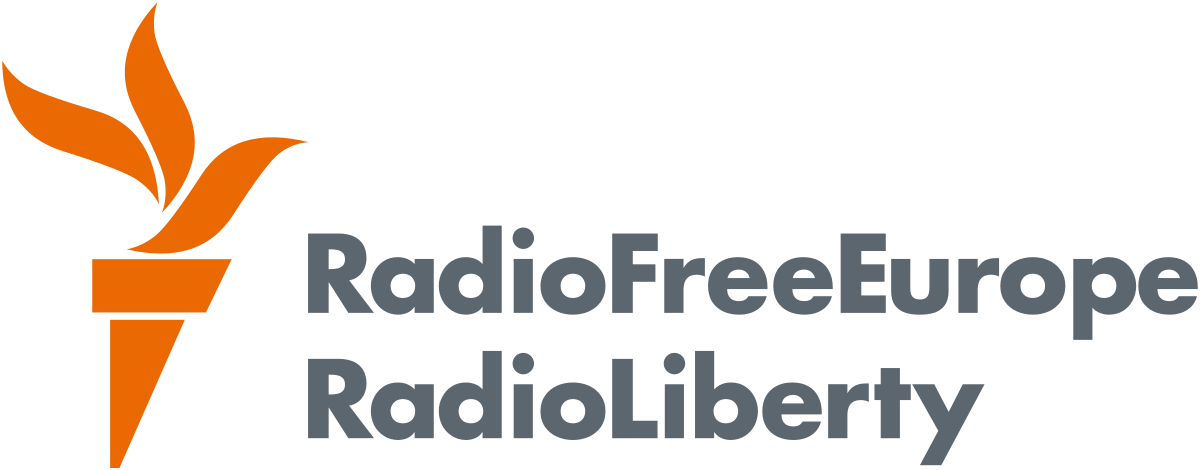14.11.2023
ALMATY, Kazakhstan — When Russian President Vladimir Putin arrived in Kazakhstan last week, he was greeted by his counterpart, Qasym-Zhomart Toqaev, and accorded the full pomp befitting a strategic ally.
But there was a change in emphasis that was difficult to ignore.
For Putin, the November 9 visit to Astana was one of only three known foreign trips since the International Criminal Court (ICC) issued a warrant for his arrest in connection with alleged war crimes committed in Ukraine.
For Kazakhstan and Central Asia as a whole, by contrast, high-level meetings with the leaders of powerful countries have become rather routine.
Of late, the diplomatic calendar has afforded next to no breathing space.
As the Russian and Kazakh presidents held talks, neighboring Uzbekistan was hosting a meeting of the Economic Cooperation Organization (ECO) Summit, where high-profile visitors included Turkish leader Recep Tayyip Erdogan and Iranian President Ebrahim Raisi, with Kazakh Prime Minister Alikhan Smailov standing in for his president.
Italian President Sergio Mattarella was also in the Uzbek capital, Tashkent, on the same day for talks with Uzbek leader Shavkat Mirziyoev and other top officials.
On November 3, Astana hosted the summit of the Council of Turkic States which, like the ECO, is a Russia and China-free organization.
Before that, Toqaev and Mirziyoev welcomed French President Emmanuel Macron to their respective homes in perhaps the noisiest diplomatic visit of the season.
And if October was something of a lull, September was plenty busy, with the region’s five national leaders holding talks with U.S. President Joe Biden on the sidelines of the United Nations General Assembly in New York before all of them headed to Berlin to meet with German Chancellor Olaf Scholz.
[…]
A Region Of ‘Great Gain For All’?
Macron’s November 1-2 visit to the region excited a raft of foreign media headlines describing rising geopolitical competition in Central Asia, with references to a new “Great Game” and Paris stepping into the “backyard” of Russia and China.
This kind of framing is less popular inside the region — Kazakh Deputy Foreign Minister Roman Vassilenko optimistically suggested “Great Gain for all” as an alternative during an appearance at the World Policy Conference in Abu Dhabi on November 5.
But Macron was clearly feeling competitive when he praised Kazakhstan for “refusing to be a vassal of any power” — an apparent reference to Astana’s neutrality over Ukraine in the face of obvious pressure from Moscow.
During his visit, Kazakh and French businesses signed agreements worth $1.4 billion on transport, engineering, health care, and agribusiness, not including another recent agreement for a nearly $2 billion wind farm that France’s Total Energies will build in southern Kazakhstan.
In Uzbekistan, too, Paris’s focus was on deepening and widening economic cooperation.
After Macron’s departure, Uzbek Minister of Mining and Geology Boris Islamov said that he expected incoming investments of more than $500 million from France’s state-run nuclear company Orano, providing that agreements could be reached to develop two new uranium deposits. The two sides also agreed on investments in a network of logistical centers to help boost agricultural exports.
Perhaps the defining visual of the trip was Macron and Mirziyoev’s warm, drawn-out embrace and handshake prior to a nighttime walk around the Silk Road city of Samarkand.
If images like that play well on Uzbek sections of Instagram, they are likely less popular in Moscow.
So it was unsurprising that Russian Foreign Minister Sergei Lavrov in an interview broadcast November 12 argued that the European Union was trying — but failing — to drive Moscow out of Central Asia, where he said Russia had been “historically present.”
The day before it emerged that Macron might soon be coming to a third Central Asian country, Kyrgyzstan, after the office of Kyrgyz President Sadyr Japarov said the French president had responded positively to his invitation.
[…]
Read the article on RadioFreeEurope.

